Countertops are an essential element in any kitchen or bathroom, providing both functional and aesthetic benefits. Among the various countertop materials available, two popular choices are Corian and laminate. In this blog, we will explore the differences between the key properties, applications of Corian and laminate countertops to help you make an informed decision for your next countertop project.
Post your Requirement
Understanding Corian Countertops
Corian is a solid surface material developed and manufactured by DuPont. It is composed of a combination of acrylic polymers and natural minerals, resulting in a non-porous and seamless surface. Corian is available in a wide range of colors and patterns, allowing for creative design possibilities.
Key Properties of Corian Countertops:
- Durability: Corian countertops are highly durable and resistant to scratches, stains, and impact. Minor scratches can be easily buffed out.
- Seamless Appearance: Due to its solid surface nature, Corian countertops can be seamlessly integrated, creating a smooth and uniform look.
- Non-Porous: Corian is non-porous, which means it does not absorb liquids, making it hygienic and easy to clean.
- Renewable: In case of extensive damage, Corian can be repaired and restored to its original appearance.
- Heat Resistance: While Corian is relatively heat-resistant, it is recommended to use trivets or hot pads to avoid direct contact with hot pots and pans.

laminate countertype
Understanding Laminate Countertops
Laminate countertops, on the other hand, consist of multiple layers of synthetic materials, typically a combination of paper and resin, that are bonded together under high pressure. The top layer is a decorative surface with various patterns and colors, while the lower layers provide structural support.
Key Properties of Laminate Countertops:
- Cost-Effective: Laminate countertops are generally more budget-friendly compared to Corian and many other materials.
- Wide Variety of Designs: Laminate offers a vast array of colors and patterns, including designs that mimic natural stone and wood.
- Low Maintenance: Like Corian, laminate countertops are easy to clean. However, they are not as resistant to scratches and impact.
- Not Heat Resistant: Laminate can get damaged by extreme heat; therefore, using hot pads or trivets is essential to protect the surface.
- Susceptible to Water Damage: While laminate is water-resistant to some extent, prolonged exposure to water can cause the material to swell or delaminate.
Applications of Corian and Laminate Countertops
- Corian Countertops: Corian is an excellent choice for kitchen and bathroom countertops, as well as for various commercial applications like restaurants, hotels, and healthcare facilities. Its seamless appearance and extensive color options make it a versatile material for modern designs.
- Laminate Countertops: Laminate countertops are commonly used in residential kitchens and bathrooms, especially in homes with budget constraints. They are also popular for rental properties and other projects where cost is a significant consideration.
Difference Between Corian and Laminate Countertops
Corian and laminate countertops are two popular options for kitchen and bathroom surfaces, but they differ significantly in terms of material, appearance, durability, and maintenance.
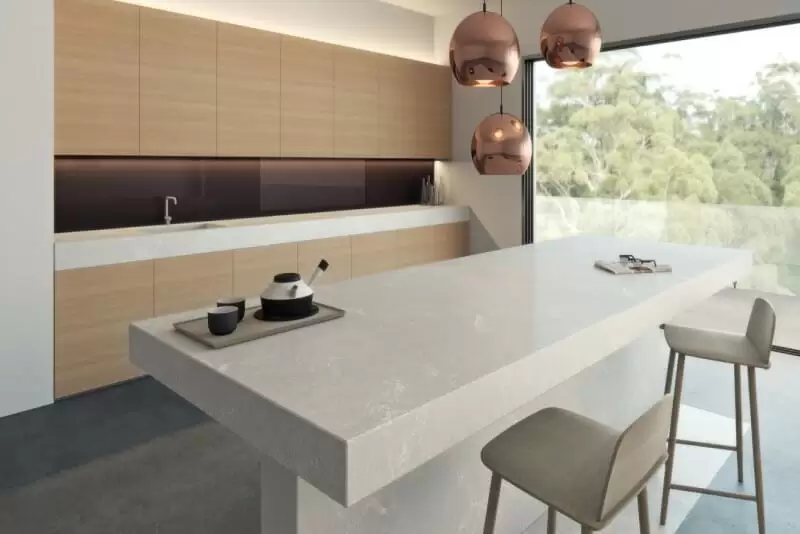
corian countertop
Here are the main differences between Corian and laminate countertops:
Material Composition:
- Corian Countertops: Corian is a solid surface material made of acrylic polymer and natural minerals. The material is homogeneous, meaning the color and pattern go all the way through the surface. This allows for seamless integration and inconspicuous repairs.
- Laminate Countertops: Laminate countertops, on the other hand, consist of multiple layers of synthetic materials, typically a combination of paper and resin, bonded together under high pressure. The top layer is a decorative surface with various colors and patterns, while the lower layers provide structural support. Laminate countertops are not solid all the way through and have a layered construction.
Durability:
- Corian Countertops: Corian is highly durable and resistant to scratches, stains, and impact. It can withstand everyday use in the kitchen and bathroom without showing signs of wear easily.
- Laminate Countertops: While laminate countertops are reasonably durable, they are not as scratch-resistant as Corian. They are more susceptible to chipping and wear, particularly along the edges and seams.
Appearance:
- Corian Countertops: Corian offers a seamless and smooth appearance since it is solid all the way through. It can be molded into various shapes and designs, creating a visually appealing and modern look.
- Laminate Countertops: Laminate countertops come in a wide variety of designs and colors, including patterns that mimic natural stone and wood. However, the seams where different pieces of laminate meet can be visible, which may affect the overall aesthetic.
Heat Resistance:
- Corian Countertops: Corian is relatively heat-resistant, but it is still recommended to use trivets or hot pads to protect the surface from direct contact with hot pots and pans.
- Laminate Countertops: Laminate is not as heat-resistant as Corian, and exposure to high heat can cause the surface to scorch or delaminate.
Conclusion
Both Corian and laminate countertops have their own unique advantages and applications. Corian is a premium solid surface material known for its durability, seamless appearance, and design versatility. On the other hand, laminate countertops offer a wide range of designs at a more affordable price point. If budget is a primary concern, laminate can be a practical choice, but if you prioritize durability, aesthetic appeal, and the ability to have a seamless surface, Corian may be the better option.
Ultimately, the choice between Corian and laminate countertops depends on your specific needs, budget, and design preferences. Whichever material you choose, both can enhance the overall aesthetics and functionality of your kitchen or bathroom, adding value to your home for years to come.
Find high pressure laminate suppliers in your area.

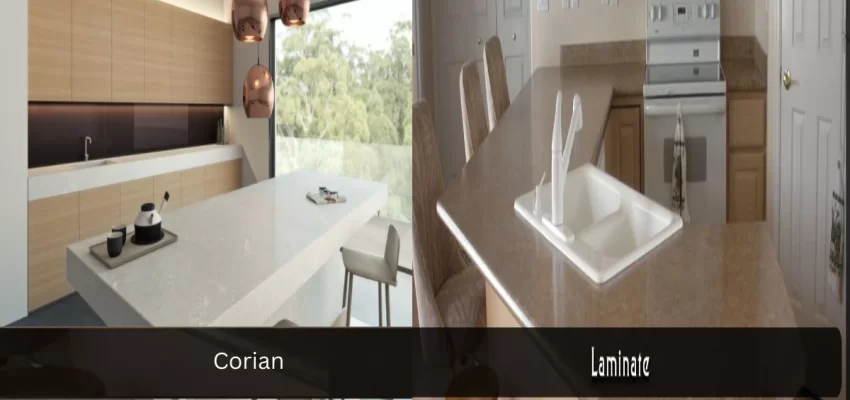
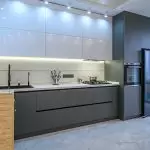

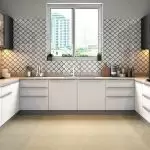
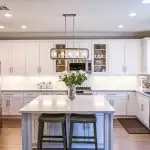

















Post A Comment